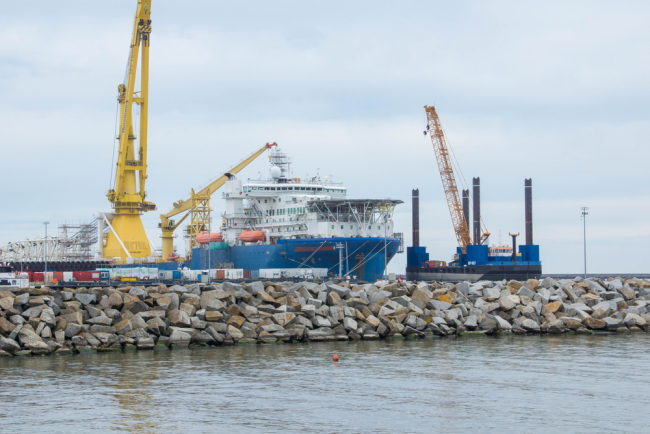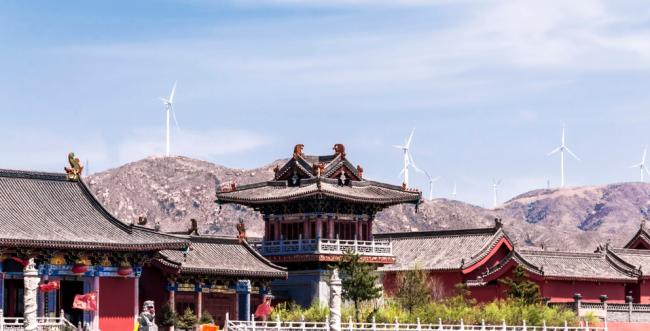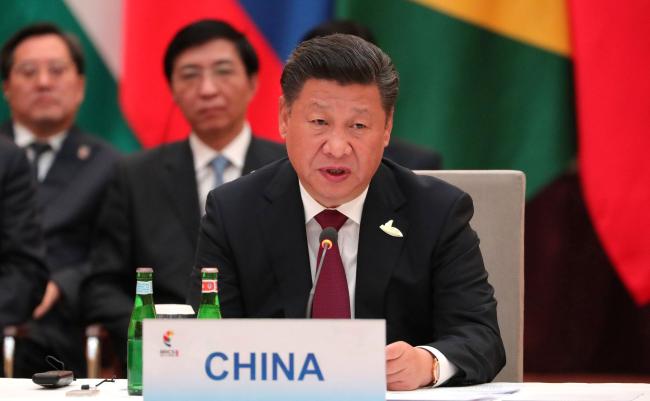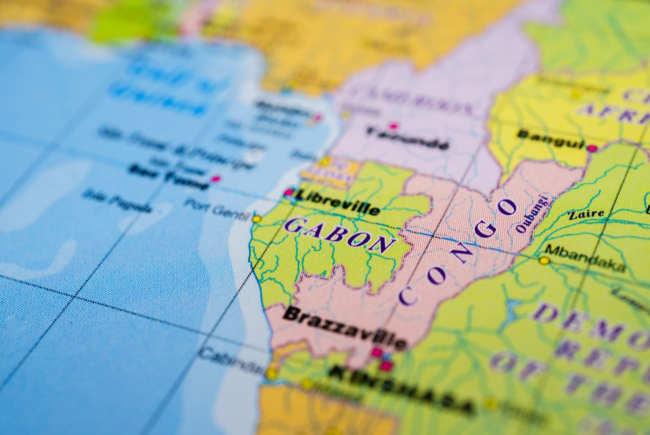International Trade
International trade has risen sharply in the era of globalization. The Covid-19 pandemic, the war in Ukraine and rising geopolitical tensions are leading to a reconfirguation of value chains.
Related Subjects

Navalny Poisoning Raises Pressure on Merkel to Cancel Russian Pipeline
Evidence that the Russian opposition leader was attacked with a military-grade nerve agent has placed new pressures on the German chancellor.
The Belt and Road: China's "Community of Destiny" for Southeast Asia?
As a frontline zone and a pivot, Southeast Asia is both a testing ground and a showcase of China’s ambitions in developing a grand cooperative scheme. Creating mutually positive linkages is crucial for both partners, if not for the same reasons.
The Middle East: The Economy in The Race for Power
Middle Eastern geopolitics is currently undergoing structural changes: the regional order is in transition in the aftermath of the Arab Spring that undermined authoritarian governance, and triggered the competition for power against a backdrop of American withdrawal.
China’s Smart Cities: The New Geopolitical Battleground
“Smart city” development has become a fashionable policy and research topic. A growing number of central and local governments in Europe, Asia, Africa and Latin America, in partnership with companies from diverse sectors (construction, transport, energy, water, etc), consulting firms, NGOs and experts, are now developing smart-city-related projects.
Russia’s Energy Strategy-2035: Struggling to Remain Relevant
Russia’s Energy Strategy to 2035 (ES-2035) enters, finally, the home stretch. The Ministry of Energy submitted its version of the document to the Russian Government in early October 2019.
China’s Ambiguous Positions on Climate and Coal
China’s 2018 energy consumption data capture the ambiguity of Beijing’s attitude toward climate change. Energy demand rose by 3.5% to 3,155 million tonnes of oil equivalent (Mtoe), with an increase of coal consumption (though its share in the overall energy mix is decreasing) and an expected greenhouse gas (GHG) emission surge of 2.3%, to 9.5 gigatonnes (Gt) for the same year.
China’s Belt & Road and the World: Competing Forms of Globalization
China increasingly sees its flagship foreign policy project as a tool for restructuring global governance and a vector for promoting a new form of globalization.
France and China's Belt and Road Initiative
Under President Macron, France has staked out a positive but principled position towards China's BRI.
Adjustment Is Back: The Political and Financial Crisis in Central African Oil-Producing Countries. Gabon and Congo-Brazzaville
This paper aims to highlight both the financial, economic and political adjustment cycle, affecting two Central African petro-states, Gabon and the Republic of Congo (Congo-Brazzaville).
"One Belt One Road". Asean Plenum 2018
China’s ambitious One Belt One Road (OBOR) Initiative is redefining China’s role in the world economy. With over $900 billion in investments covering more than 65% of the world’s population, OBOR aims to develop new markets, integrate far flung regions, and stabilize China’s borders. But as Chinese influence rises, critics argue that OBOR challenges the liberal international.
Support independent French research
Ifri, a foundation recognized as being of public utility, relies largely on private donors – companies and individuals – to guarantee its sustainability and intellectual independence. Through their funding, donors help maintain the Institute's position among the world's leading think tanks. By benefiting from an internationally recognized network and expertise, donors refine their understanding of geopolitical risk and its consequences on global politics and the economy. In 2024, Ifri will support more than 70 French and foreign companies and organizations.


















